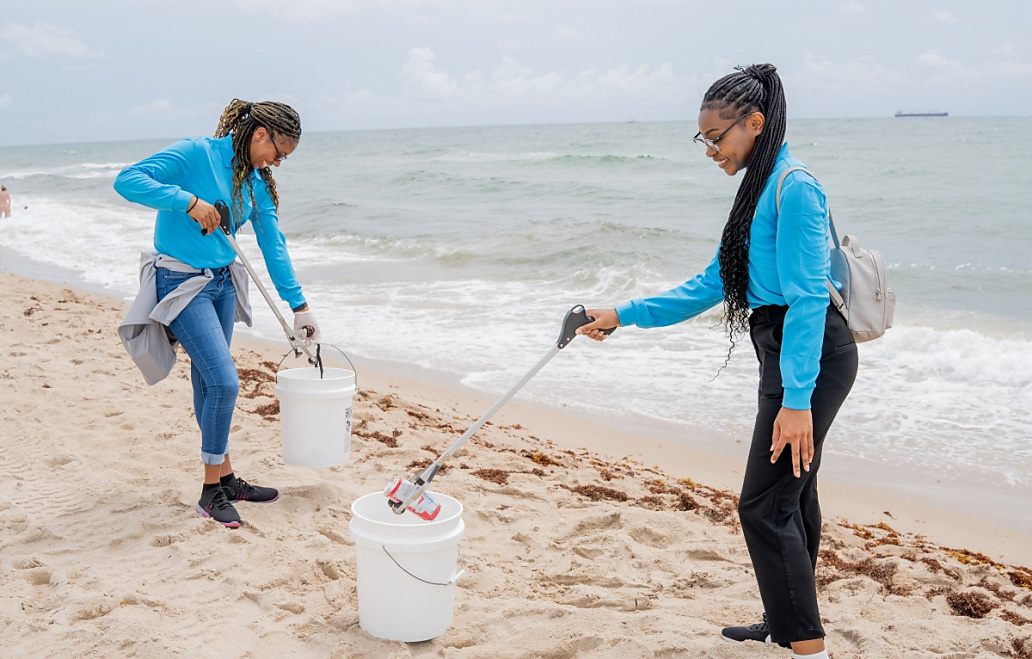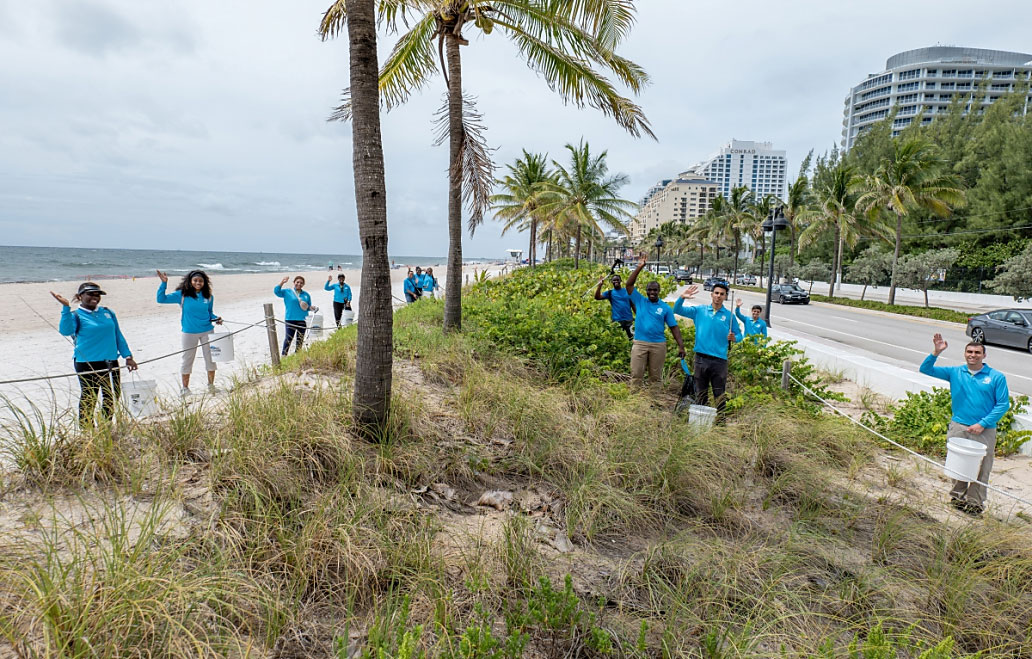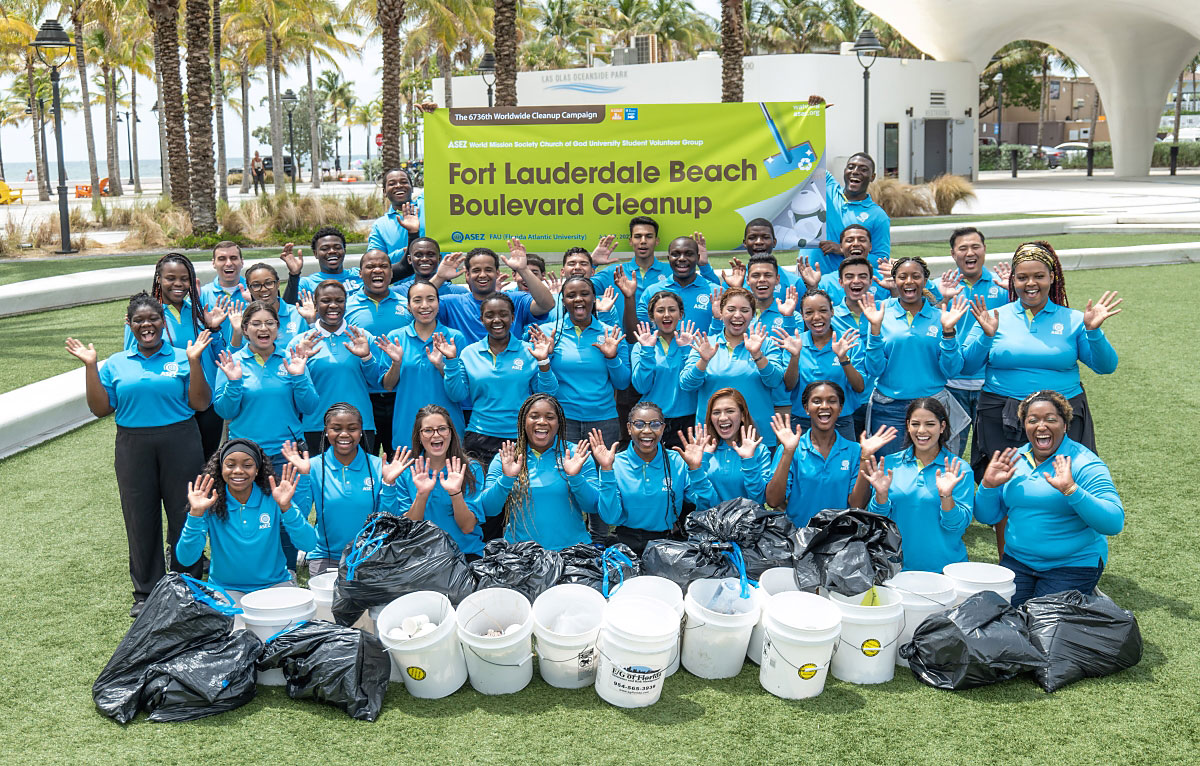“No Ocean, No Us.”
Sylvia Earle, Marine biologist
Have you ever heard of Plastisphere?
All the plastic that is accumulating in marine ecosystems serve as a habitat for various types of microorganisms, which is where scientists coined the term Plastisphere.
Just as we, human beings, have made the Anthropocene, which is our current geological era, our enormous consumption of plastics is producing a new ecosystem.
According to the United Nations Environment Program [UNEP], we produce about 400 million tonnes of plastic waste every year.
Since the 1970s, the rate of plastic production has grown faster than that of any other material. If this historic growth trend continues, global production of primary plastics is forecasted to reach 1,100 million tonnes by 2050. Approximately 36 percent of all plastics produced are used in packaging, including single-use plastic products, and approximately 85 percent of which ends up in landfills or as unregulated waste.
Plastics that have flowed into the sea threaten the marine ecosystems and eventually come back to us.


Efforts are being made at all walks of life to protect marine ecosystems that are overflowing with plastics and to restore the sea which is the basis of life.
Beachcombing is an activity that anyone can easily participate in. It consists of collecting ocean debris such as seashells, pieces of wood, and pieces of glass just like “combing” the beach. Like plogging, you can clean up the environment by picking up trash, and at the same time you can use the trash for accessories and artwork.
ASEZ members in Miami, U.S., have cleaned up the beaches, informing the residents of how we can protect the sea in our daily lives.
On July 17, Beachcombing & Cleanup Campaign was held at S Fort Lauderdale Beach Boulevard.
ASEZ students from Florida Atlantic University, Florida International University, Palm Beach State College, Broward College, Miami Dade College, and Nova Southeastern University attended the event.


The students were amazed that the beach looked very different from the beach they normally looked at.
The members said that picking up debris such as plastics, rubber, and glass that are easily found in daily life, they felt a sense of ownership to protect nature while hoping their good deeds would facilitate action from the community.
Jessica, an ASEZ member at Florida Atlantic University who was featured in the news station, highlighted the importance of individual action, saying, “We are really interested in showing the heart of a mother throughout the community here.”

Nature has survived surprisingly, protecting itself from all difficulties that have occurred on Earth, but humans do not. We need nature, the seas.
We need to think about what we can do to protect the seas and us, and take action as global citizens.
At a time when the change of a person’s thoughts and his actions are urgently required, the role of university students, who will continue their activities by encouraging local communities to work together, is even more noteworthy.